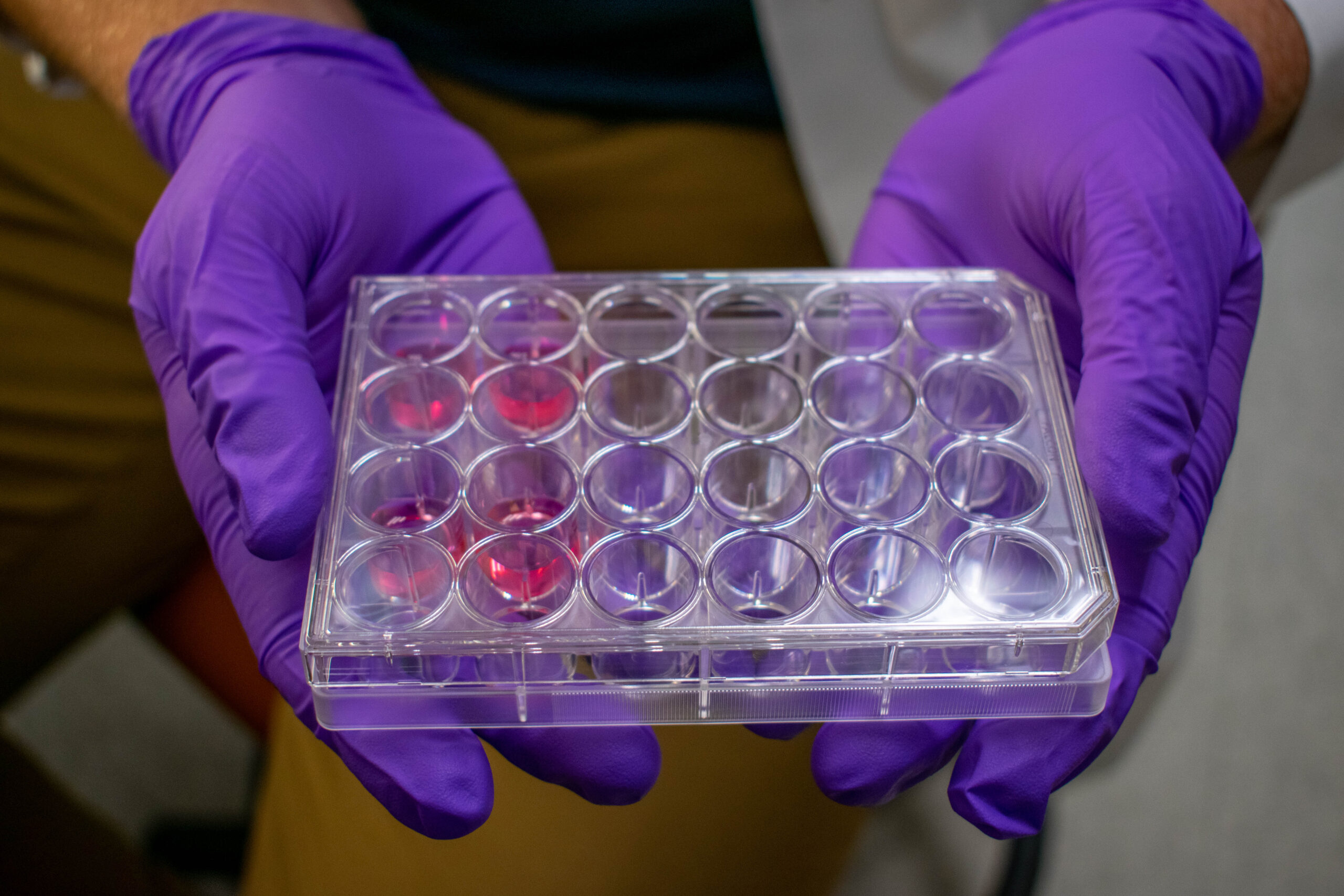The existence of the Orland Bethel Family Musculoskeletal Research Center is thanks to grateful patient Orland Bethel, founder of Hillandale Farms. Bethel was treated for a debilitating spinal condition by Joon Lee, MD, spine surgeon and professor of orthopaedic surgery.
To show his appreciation and improve musculoskeletal care for future generations, Bethel made an initial gift to the University of Pittsburgh, matched by Pitt’s School of Medicine, to establish the center and support research that could lead to better treatments for musculoskeletal conditions. Then, Bethel went one step further, making another gift to create a rare biobank that stores specimens vital to musculoskeletal research.
The Orland Bethel Family Musculoskeletal Research Center Biobank will acquire and store high-quality biospecimens, including bone, muscle, ligament, tendon, cartilage, and whole blood samples. It will create modern facilities to store and process the samples and analyze large amounts of data. The goal is to increase understanding of bone and muscle disorders and diseases to improve treatment and outcomes for the many people who suffer from the conditions.
A Transformative Gift
Dr. Lee and colleague Nam Vo, a PhD professor of orthopaedic surgery at the University of Pittsburgh, had talked for years about the potential to create an orthopaedic and musculoskeletal biobank in Pittsburgh. They believed that collecting, housing, and properly distributing tissue specimens would shed light on disorders such as arthritis, osteoporosis, and a range of spinal conditions that diminish quality of life for millions of people and lead to billions in health care costs.
Dr. Lee explains why it was such an important idea: A biobank could help researchers better understand why some people develop musculoskeletal diseases but others don’t. It could also help predict when an individual is likely to develop a condition, which could lead to earlier treatment. Additionally, the information in a biobank could help researchers develop targeted treatments to more effectively treat musculoskeletal diseases non-surgically.
Unfortunately, their conversations normally ended with the recognition that they were hamstrung by a lack of funding — until Bethel stepped in. He recognized the pair “had a mountain to climb. … I wanted to rectify that,” Bethel said.
With Bethel’s transformative gift, “We hope to establish a first-in-kind encyclopedic and accurate data repository that will foster cross-institutional collaboration,” said Anantha Shekhar, the John and Gertrude Petersen Dean of the School of Medicine and senior vice chancellor for the health sciences at Pitt. “Once the biobank database is established, we can explore the use of artificial intelligence and machine-learning data analysis for more accurate treatment of musculoskeletal diseases.”
How You Can Help Build the Biobank
Now, the biobank needs help from additional grateful patients and others throughout the region.
“This biobank doesn’t exist unless we have engagement from people,” Dr. Lee said. “We’re collecting tissue samples from our surgical patients, but we also need to collect blood, saliva, etc., from people who are not having surgery. That’s a very important group because it gives us a control group — a broader group of people to compare with.”
The biobank also is seeking new sources of funding to ensure the long-term health of the operation, as there are significant costs associated with procuring and storing samples.
To learn how you can help, visit https://www.bethel.pitt.edu/support-us/ or contact Gary Dubin, executive director of priority programs and initiatives, at dubing@upmc.edu.


